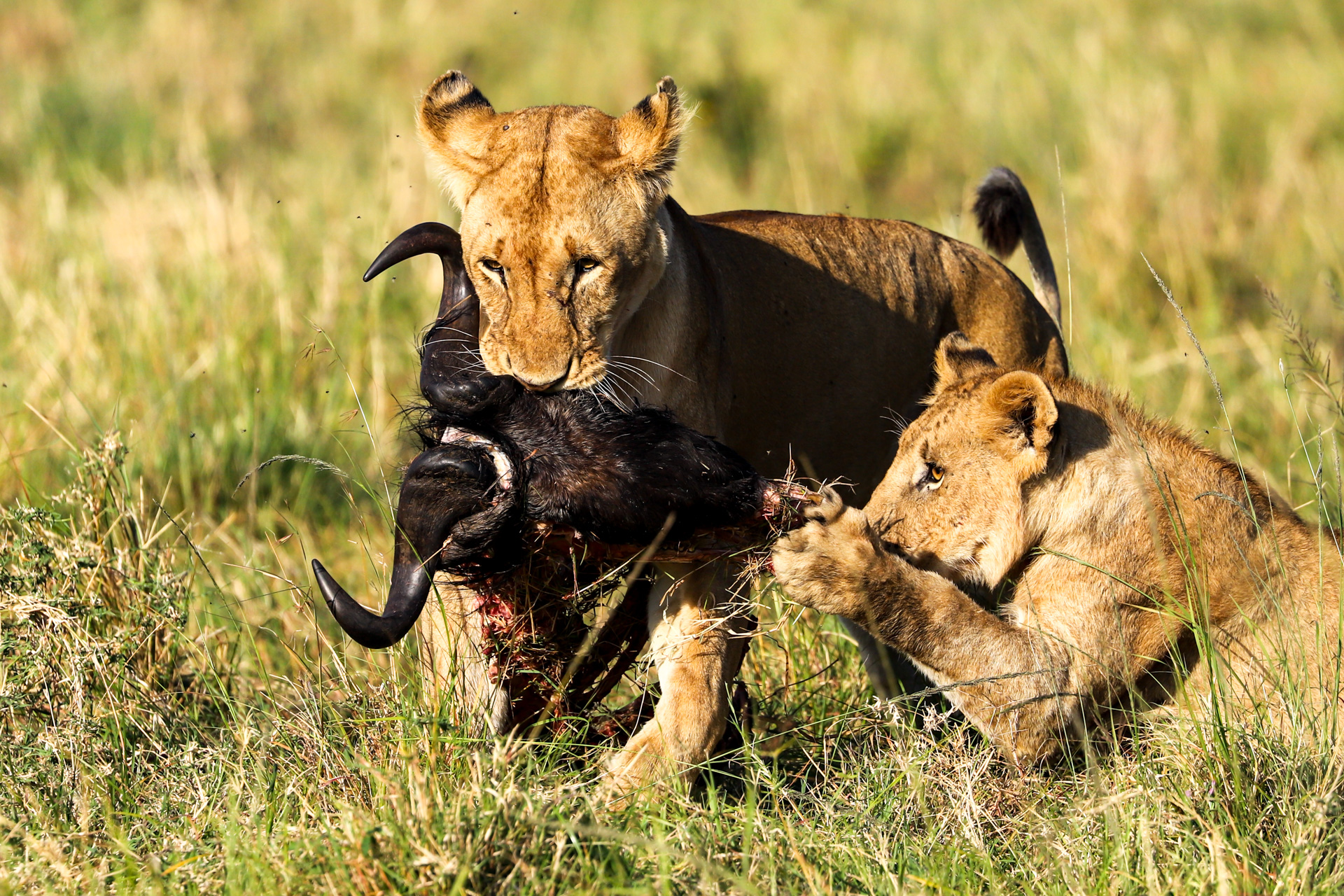
The Maasai Mara is world-famous for its vastness. Massive clouds float by, the sun shines on the enormous landscape which dwarfs herds of elephants and wildebeest as they feed on the grass below. I always find that I appreciate this more after being away in a busy city, and there is no better place to experience this than from the top of the escarpment looking down.
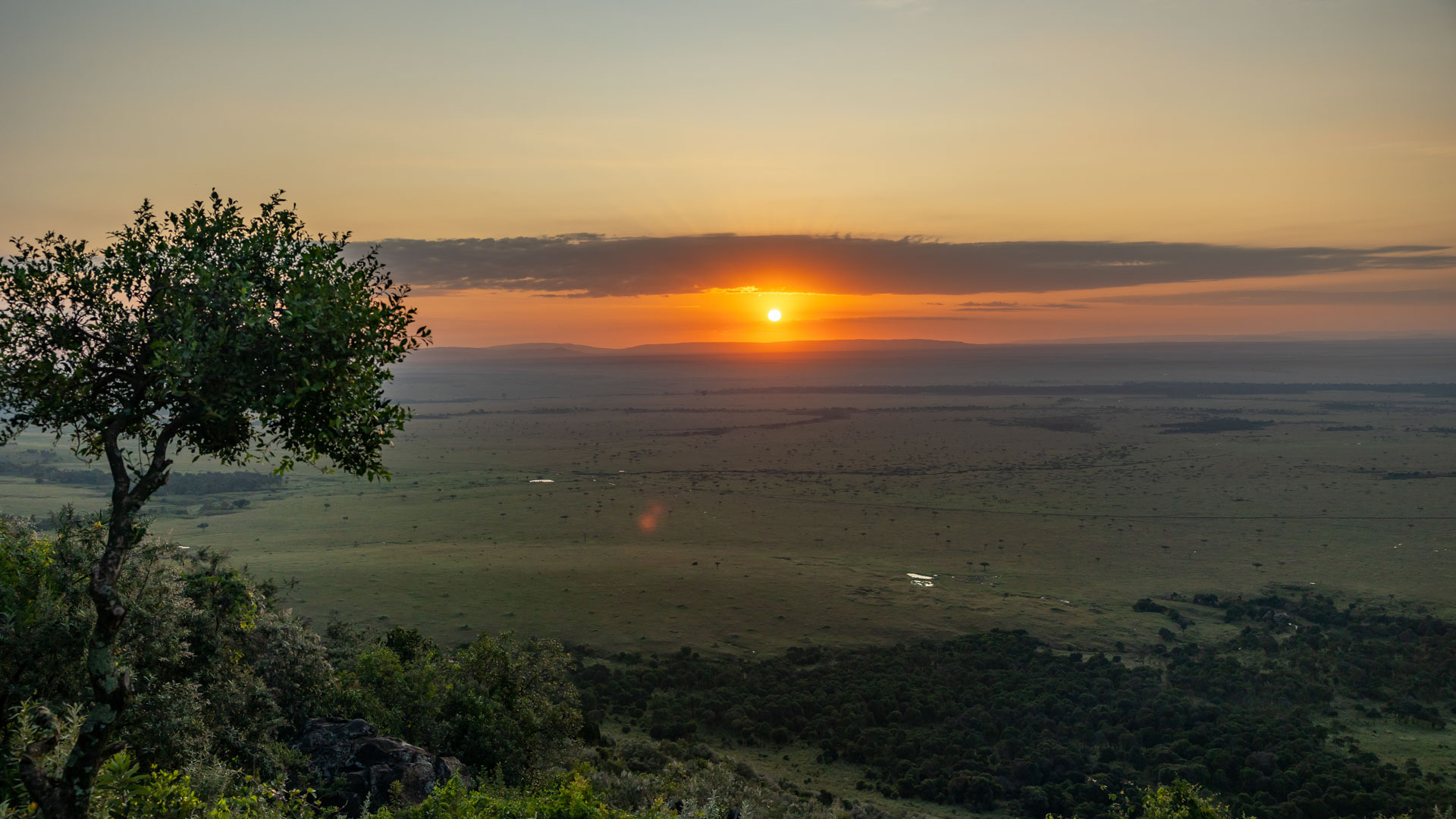
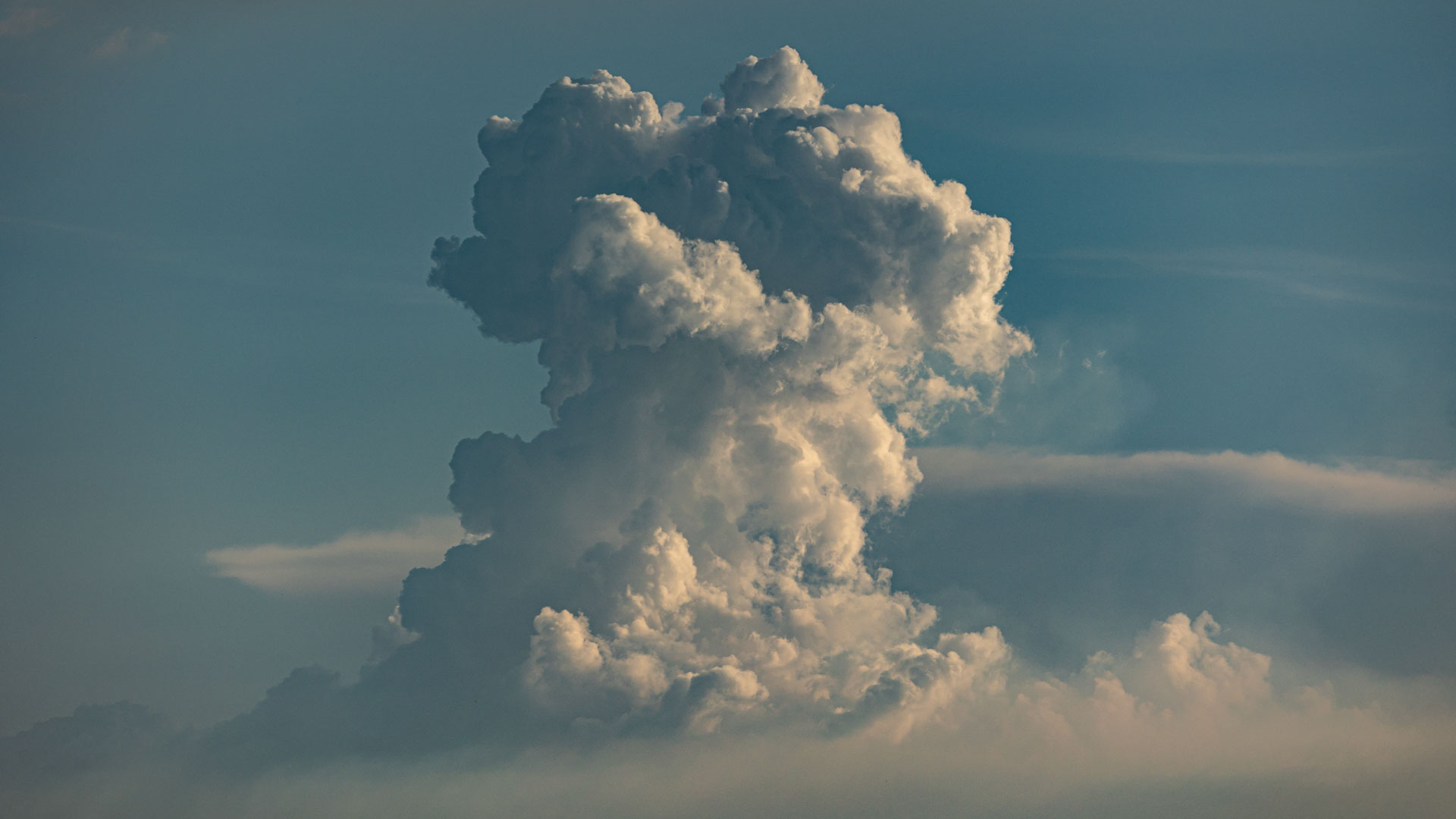
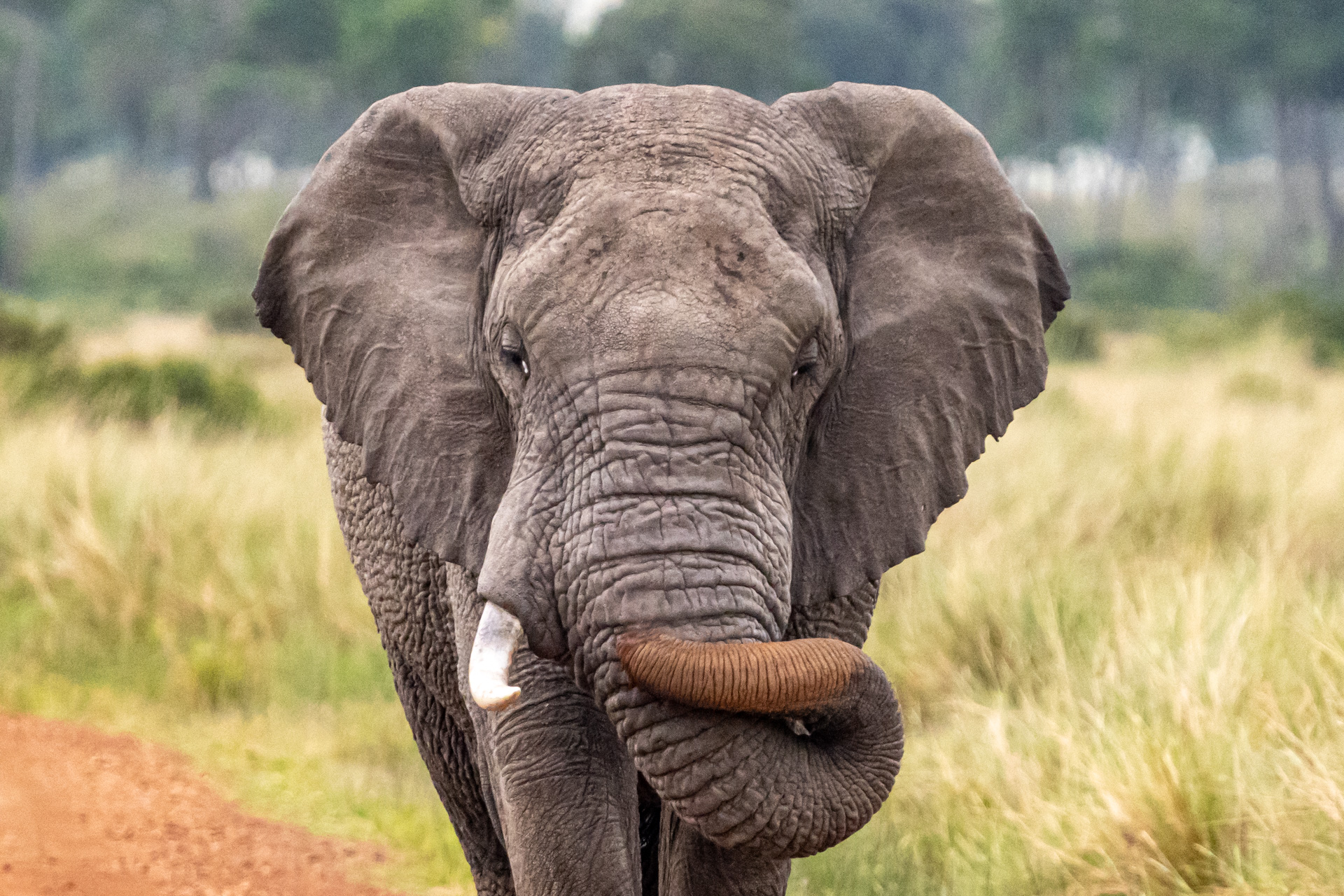
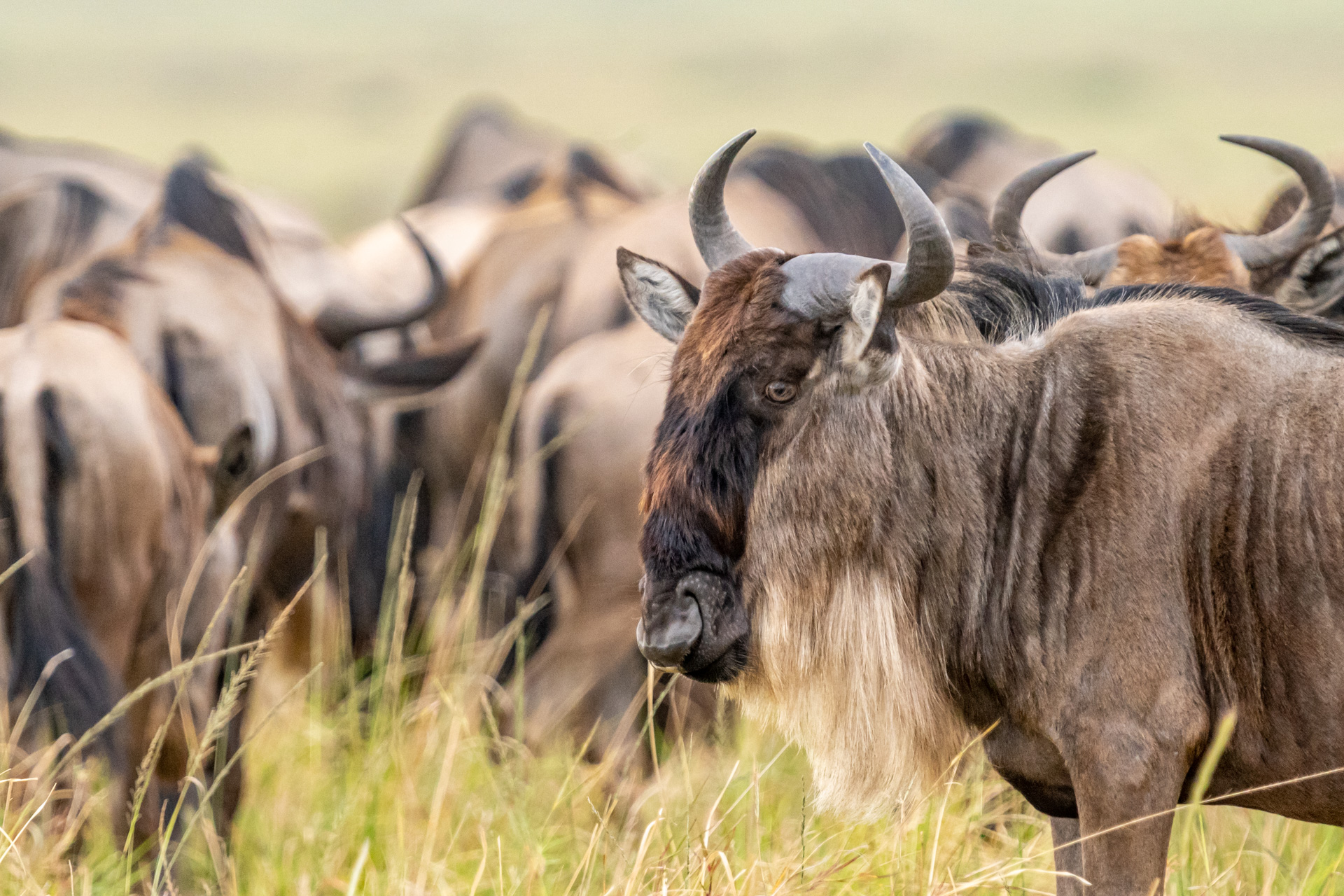
We watch as legends are made. It is a constant cycle of proving oneself day after day, not something that happens overnight. We see this with Risasi as her reputation precedes her and people come from far and wide to see her in action. Providing for her cubs with one successful hunt after the next, we have seen her sprint on many occasions, bursting through the grass, an 'Angama' herself (meaning suspended in mid-air) as her momentum propels her forward.
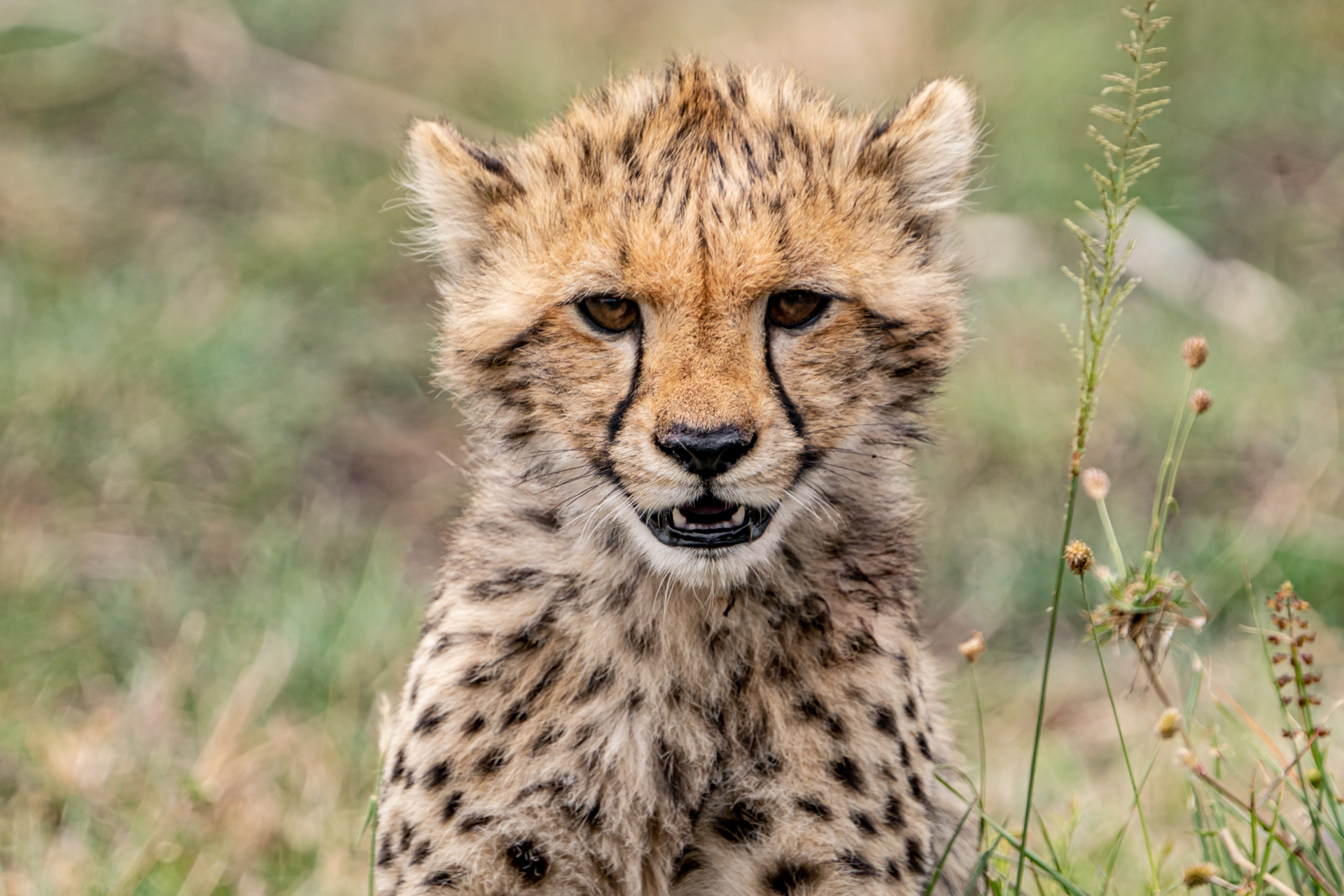
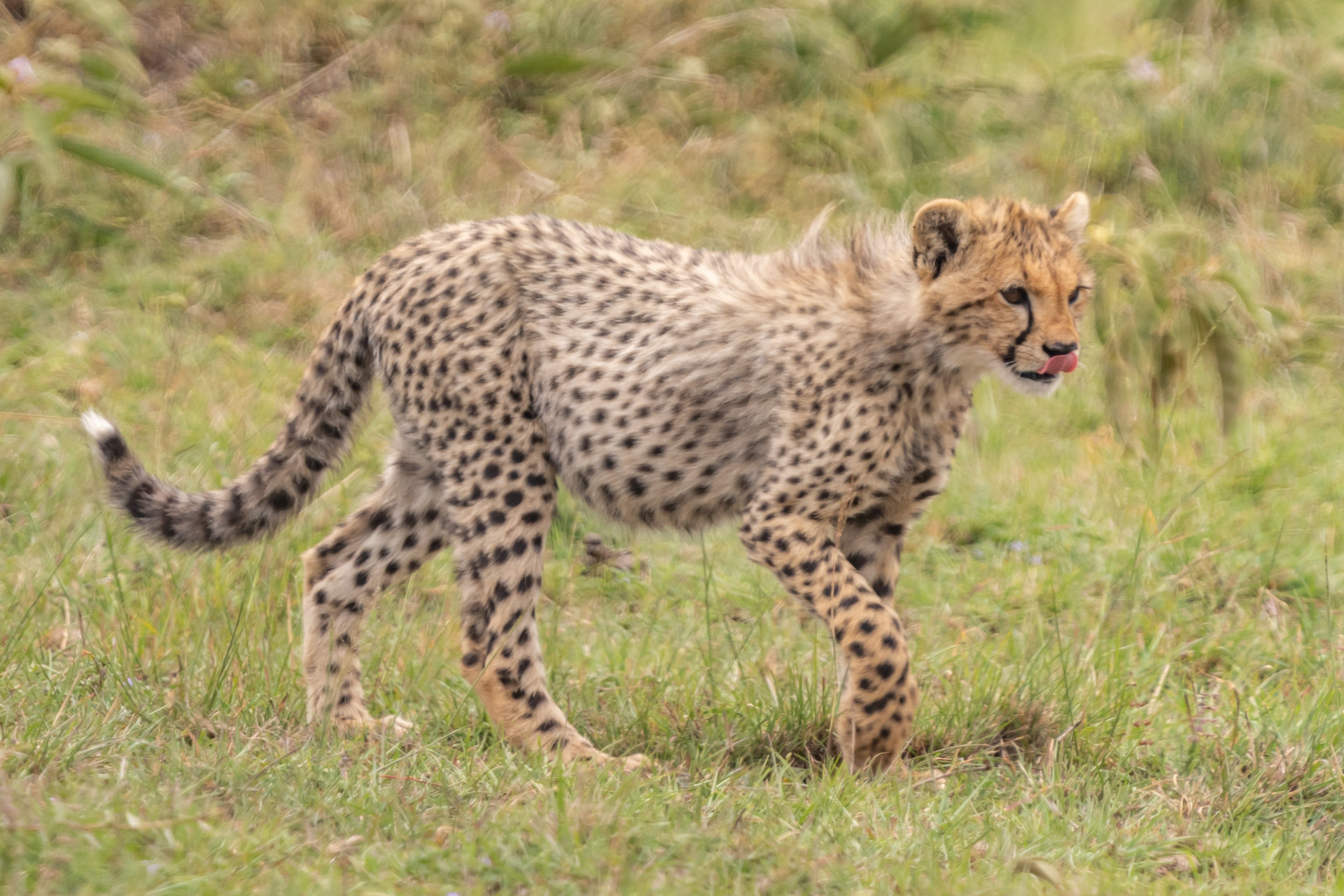
This week, we found Risasi with her three cubs nestled close to her. After a few moments, she sat up on a termite mound, meticulously scanning the horizon. It all happened so fast; within seconds, she took off like a bolt of lightning. Her cubs quickly followed and we did our best to keep up while maintaining a safe distance. We had no idea what she was after.
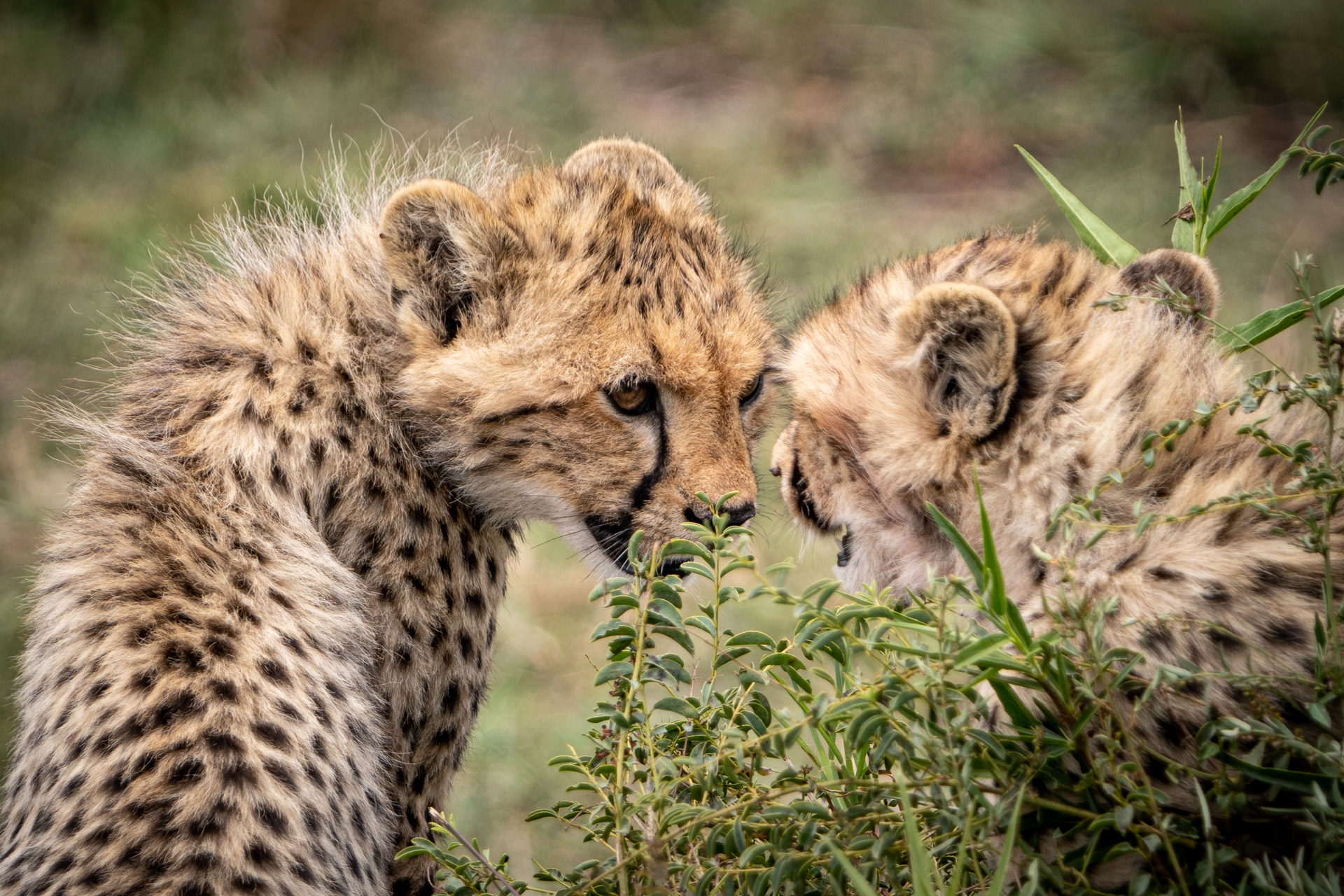
With binoculars, we saw that she had caught a baby impala that she had spotted from all those metres away. We sat and watched as she brought the kill to a nearby tree, cubs in tow. We were able to spend time with her as she rested from her intense run, panting heavily. After months spent observing her three cubs, we are beginning to have a better understanding of their characters. Although it is hard to tell still, we suspect that there are two females and one male.
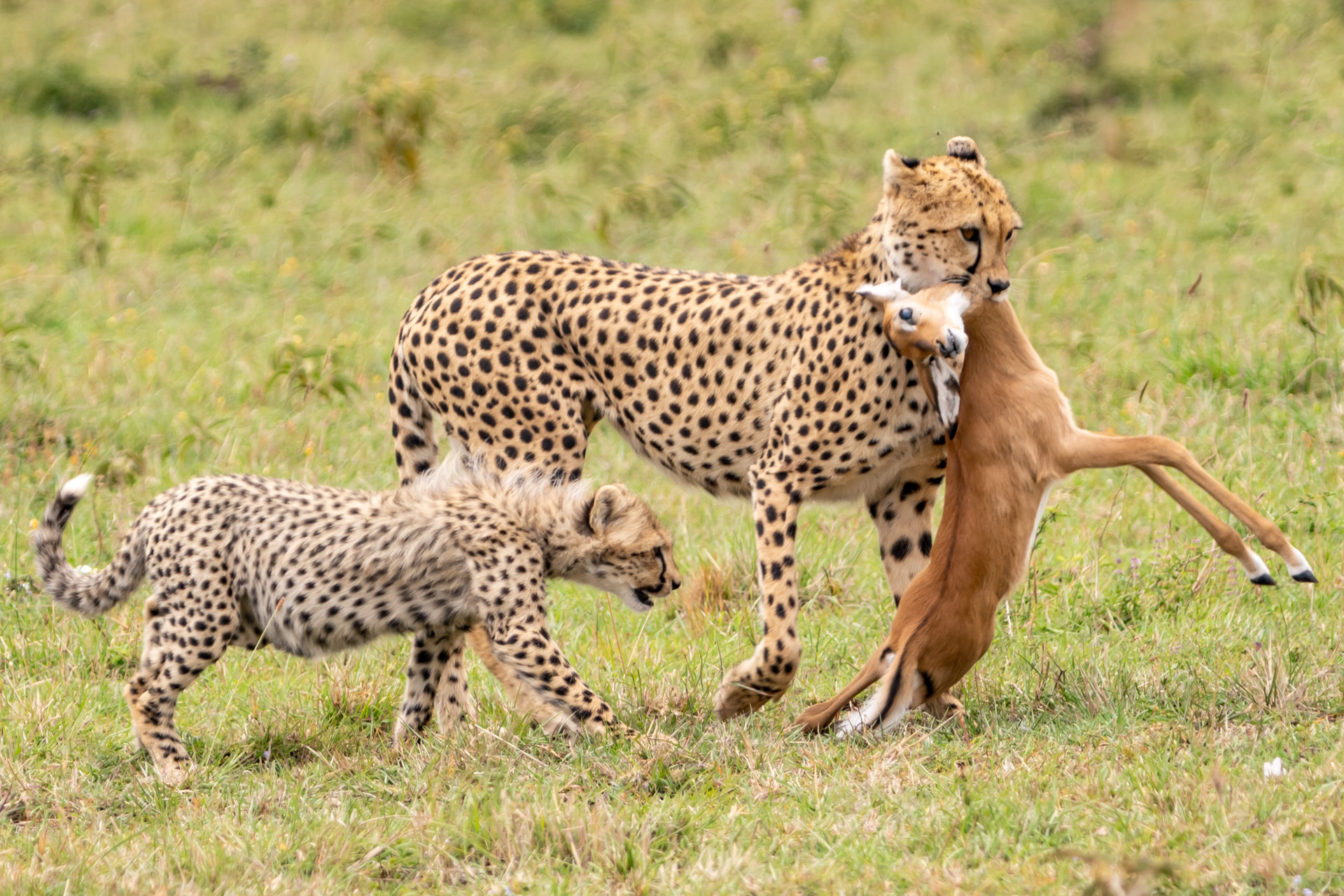
Leaving Risasi and her cubs to eat, we found yet another family enjoying some lunch. This time, it was the River Pride. As the name implies, these lions are usually found by the Mara River but it seems they were feeling a bit more adventurous this week as we found them in rival territory. We haven't spotted the Owino Pride recently, and as the saying goes, 'you snooze, you lose'. The River Pride had taken down a wildebeest and when we arrived the females and cubs were feasting. The carcass was obviously still fresh, just a few hours old, but we could see from the extended bellies of the cats (and the lack of meat on the bones) that they were getting full.
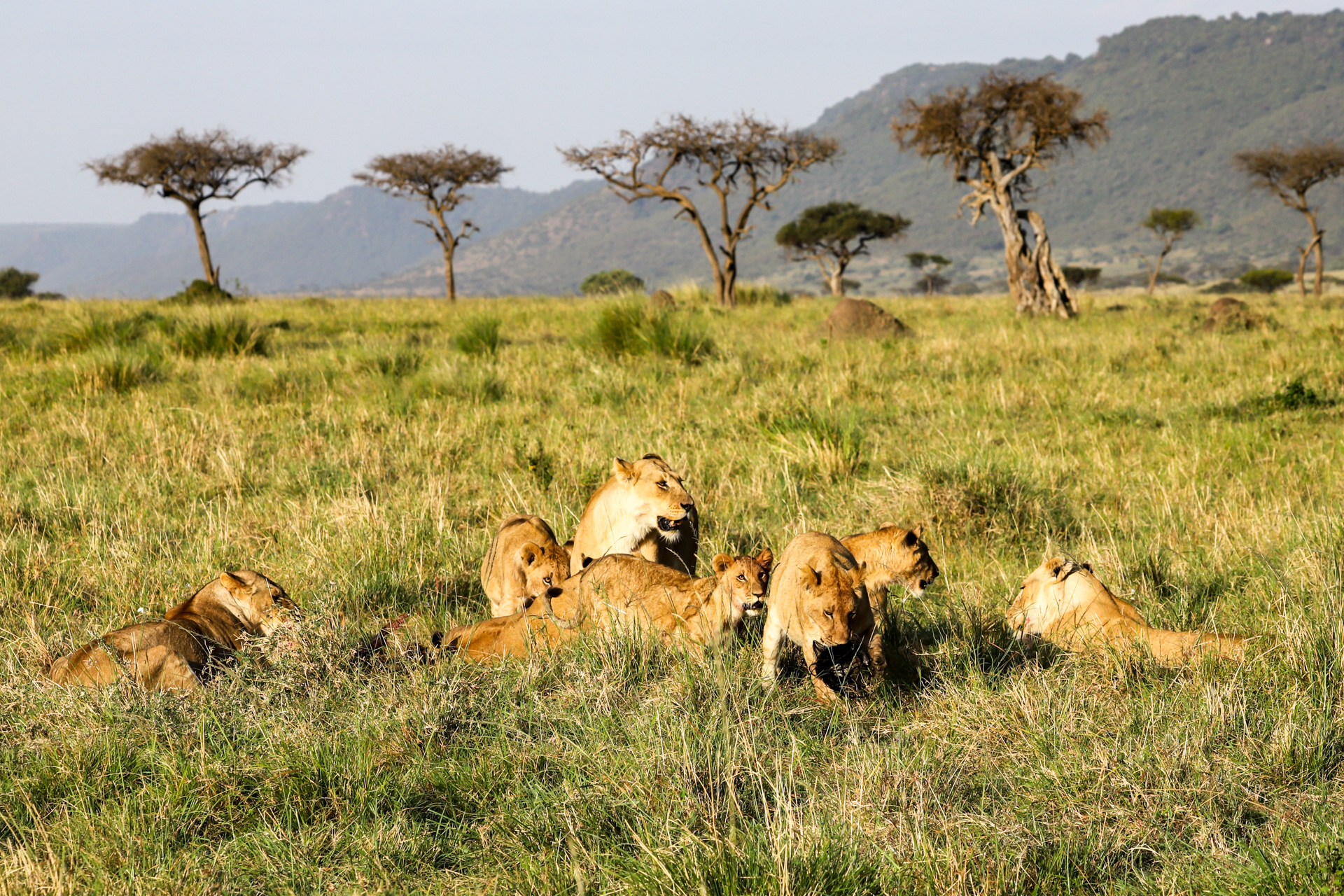
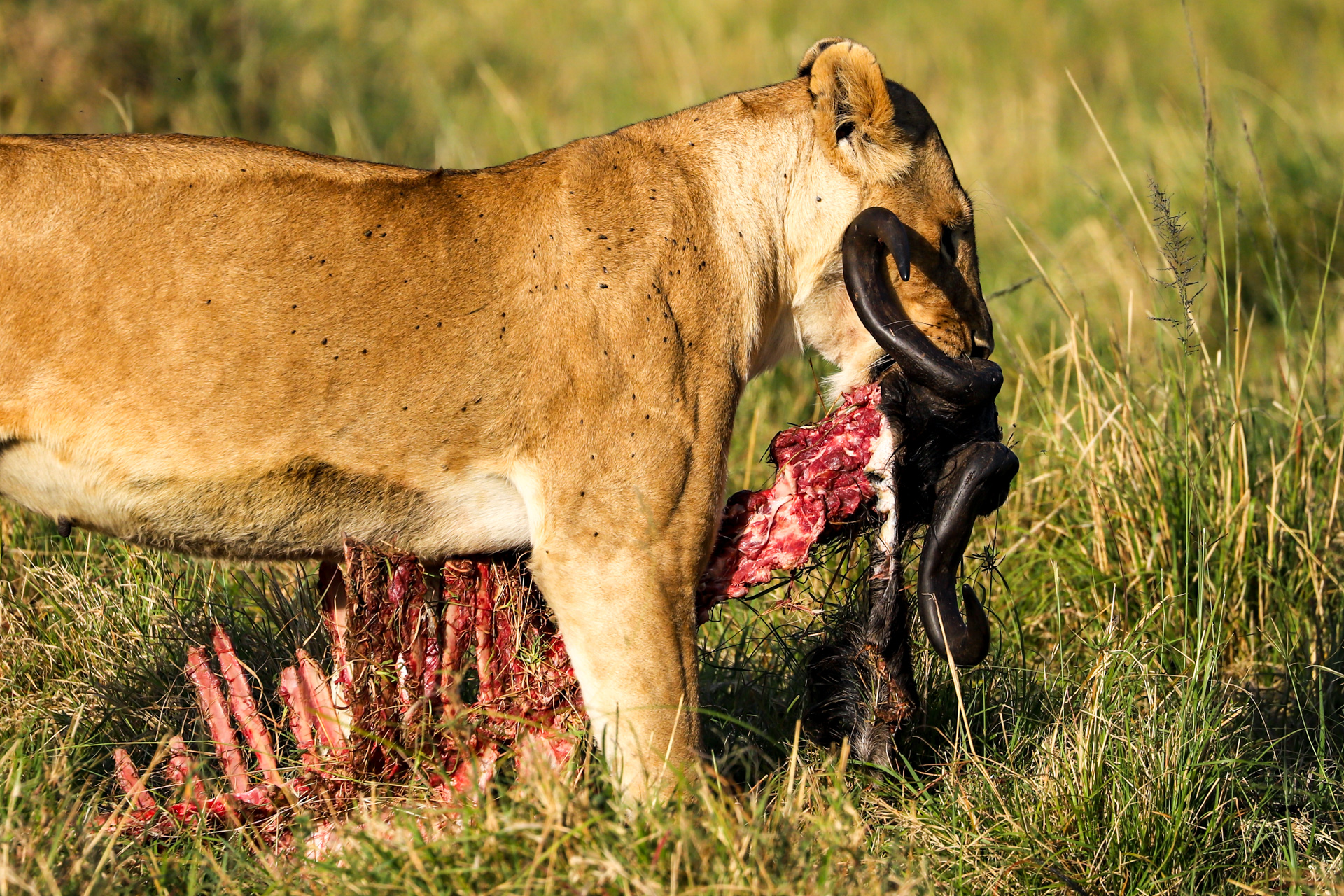
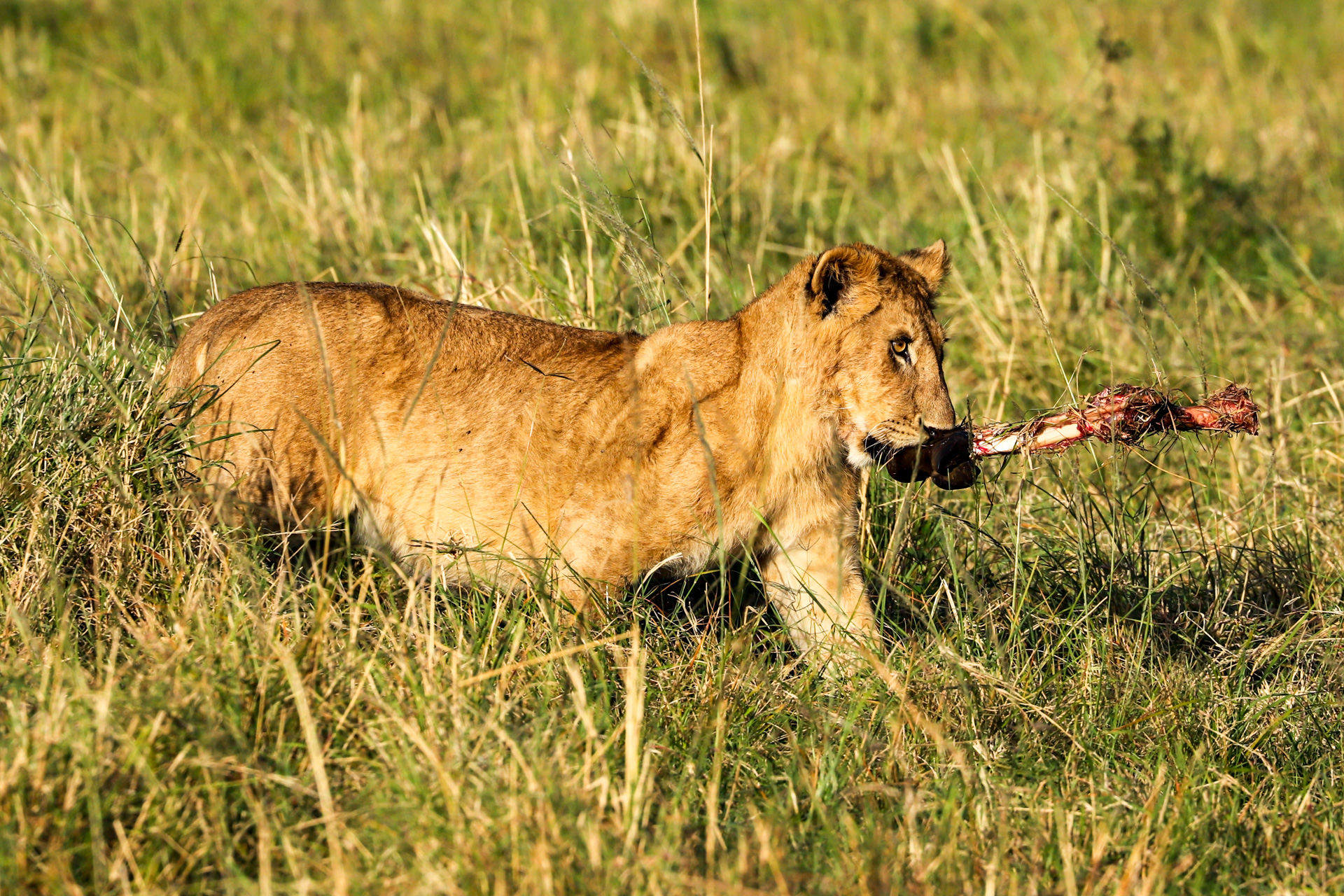
Off to the side, we noticed a male lion; after studying his face with an unmistakable spot on his left eye, we identified him as Doa, one of the Bila Shaka Males. At one point, he bravely approached the wildebeest but was run off by the females — it's always amusing to watch the kings of the Mara be humbled. Lions can sleep for more than 18 hours a day, but luckily the River Pride was all action. The youngsters were playing and running around while the rest of the pride ate and ate until nothing remained but the skull and bones. Vultures began to circle the area to scavenge the little that remained, as quick off the mark as ever.
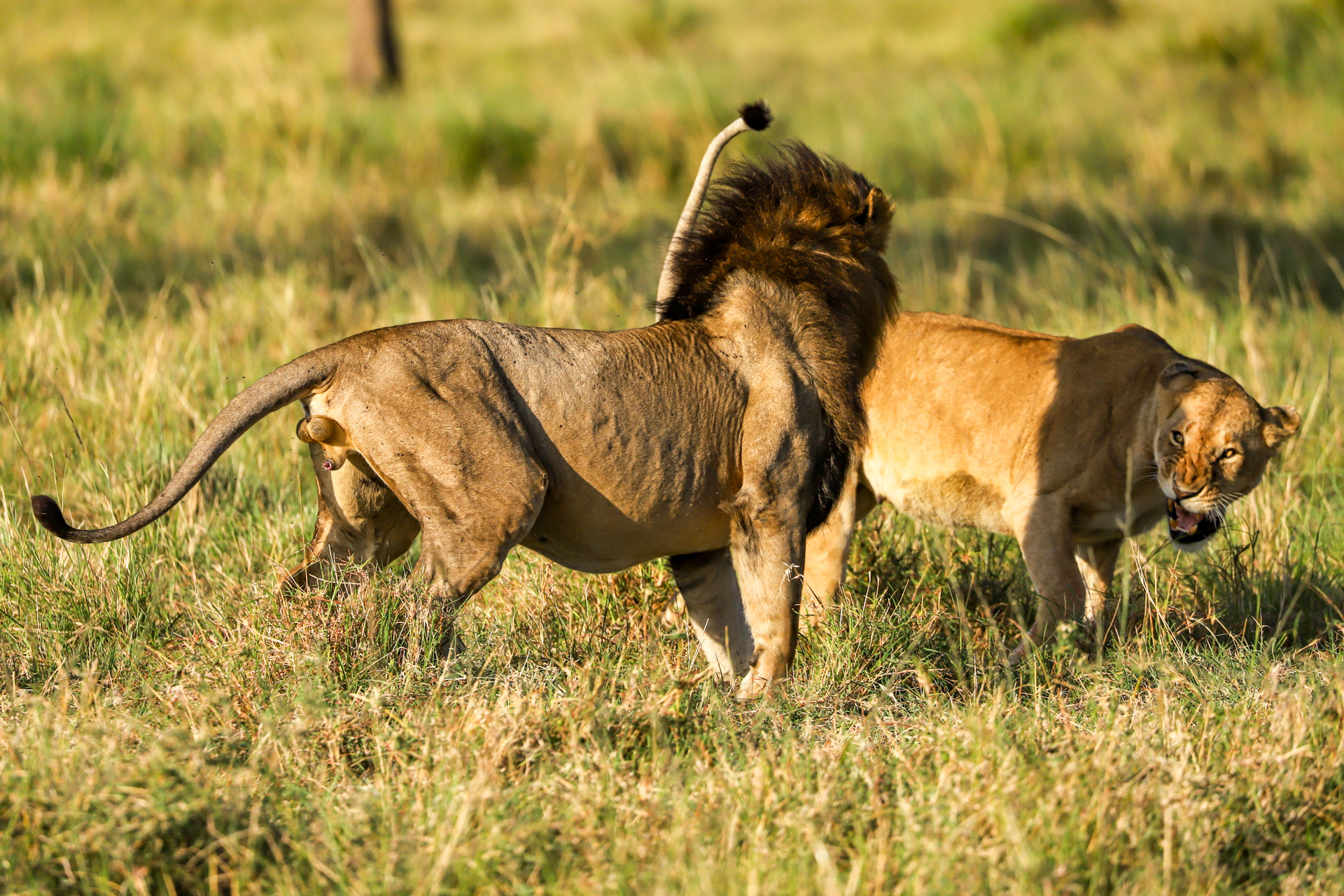
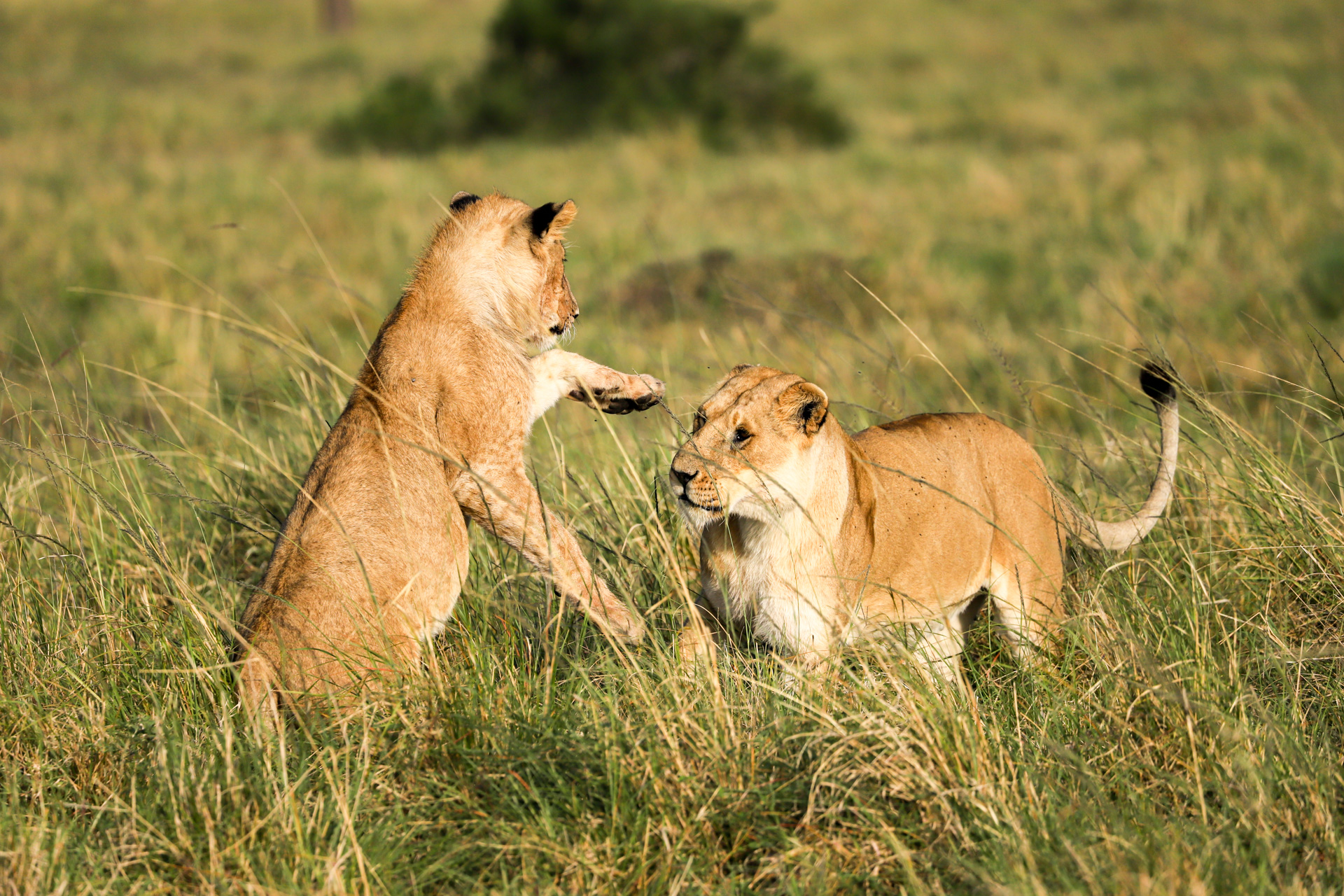
As mentioned last week, we have been lucky with sightings of Nadallah the female leopard. She has been seen in the Rain Gauge area, not far from the escarpment and Angama Mara. She looks healthy due to her excellent skill as a hunter. It is hard to articulate in words the feeling you get when you are able to look into the eyes of a leopard. Jeremy, one of Angama's guides, was able to capture some images of a male near the Tanzanian border whose tired, almost bored, gaze speaks to the habituation of the leopards in the Triangle. This is something that we celebrate almost daily now, as leopards were rarely seen leopards in previous years.
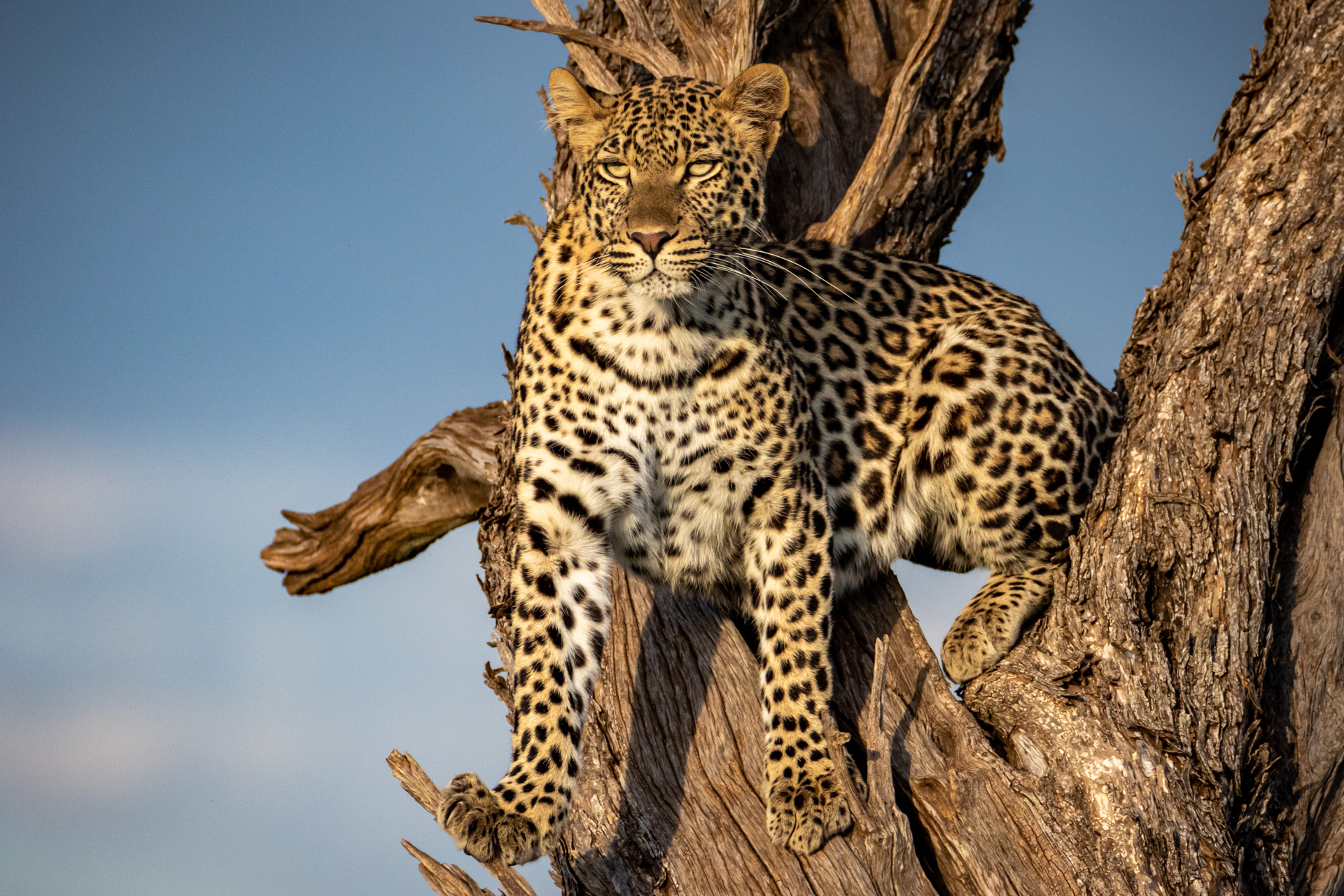
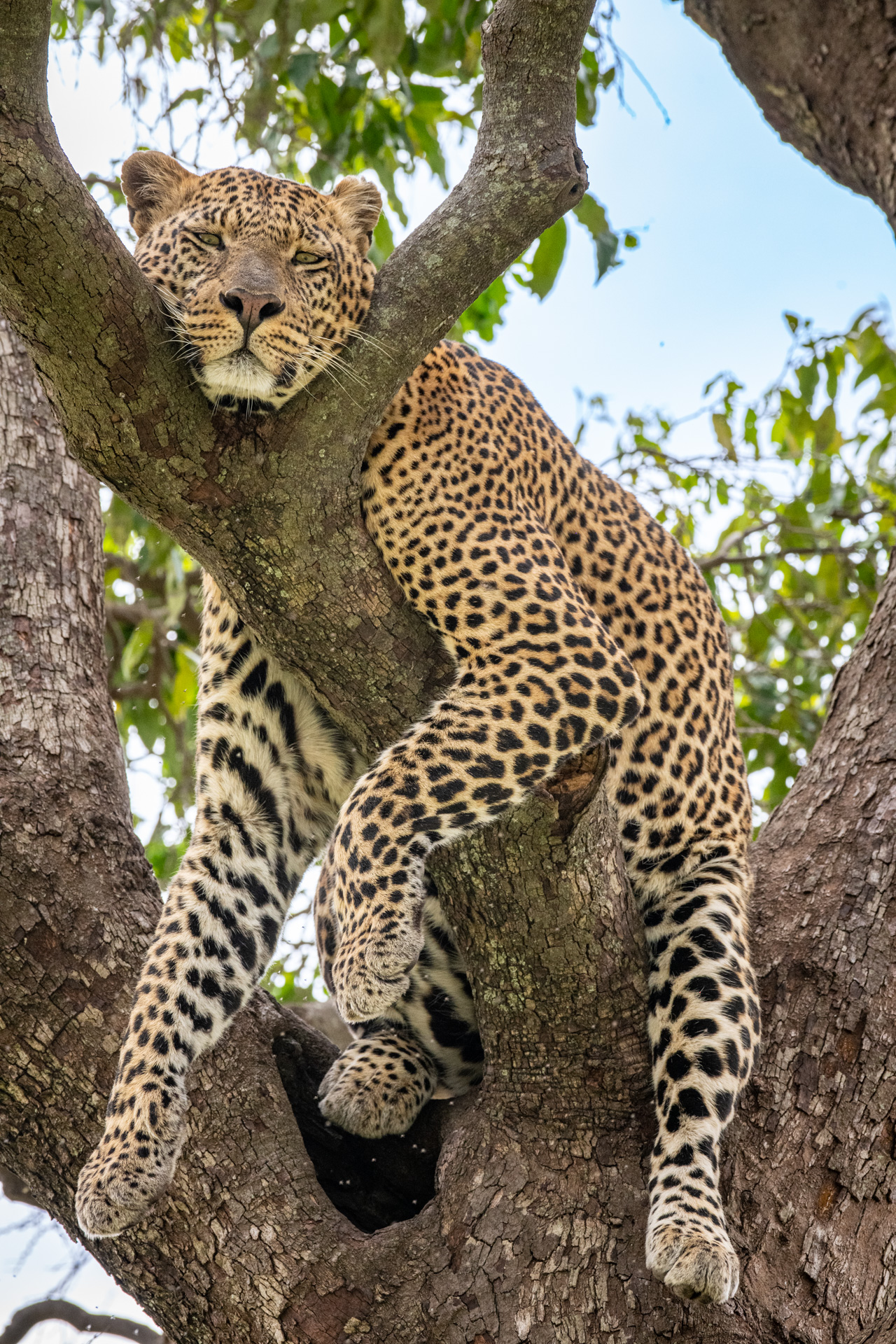
This week, Titus, another Angama Mara guide, found the Lemai boys. We hadn't seen them in quite some time and were pleased to spot them patrolling their territory, spending time with two females. Last year September, they were referred to as the 'new males'. We documented how they arrived on the scene, killing the father of the Sausage Tree Males and thereby forcing the six youngsters — now the Nyati males — to make a run for it. Now, the Lemai Males are mating with the Sausage Tree Pride's females. Perhaps their cubs will have an easier time.
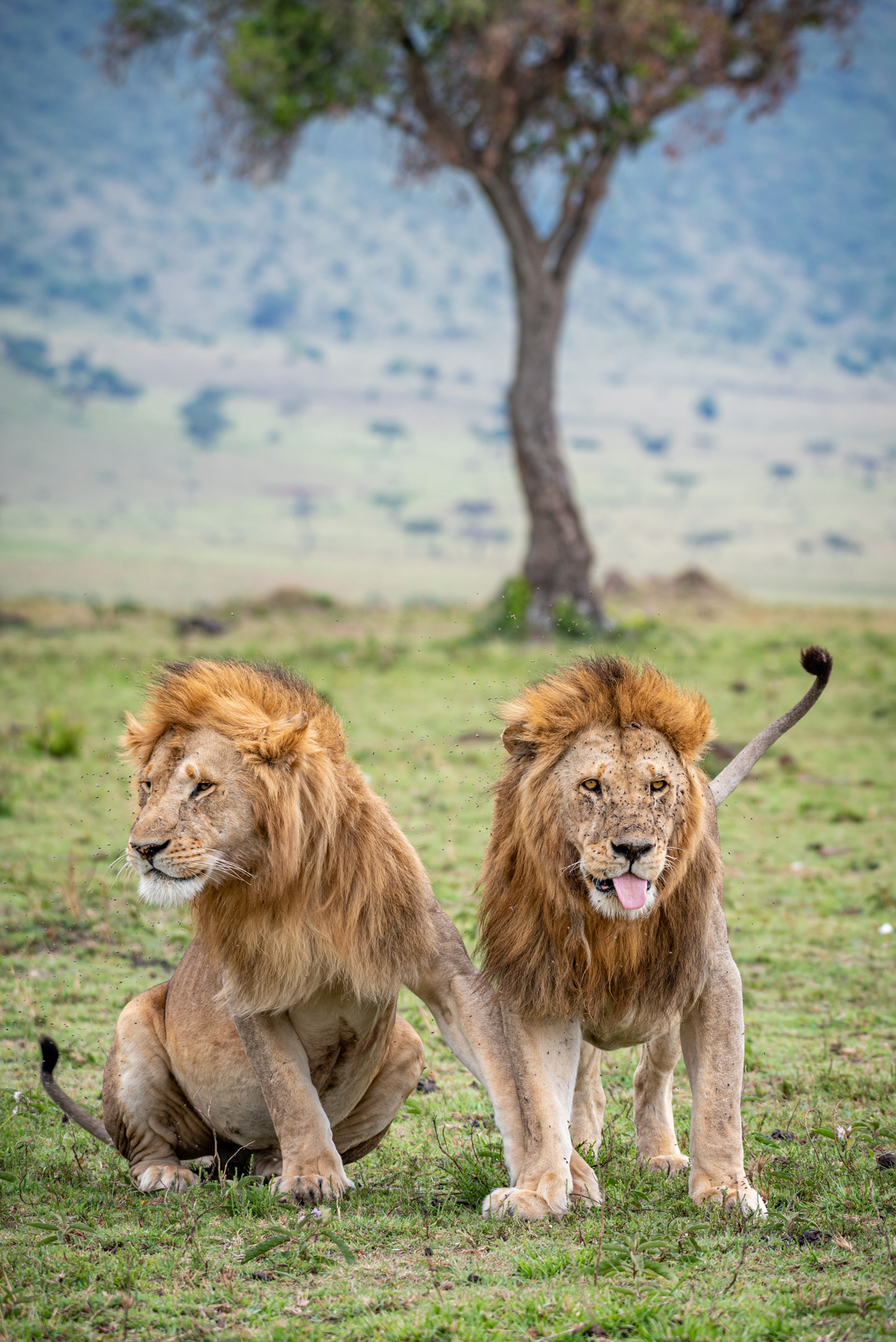
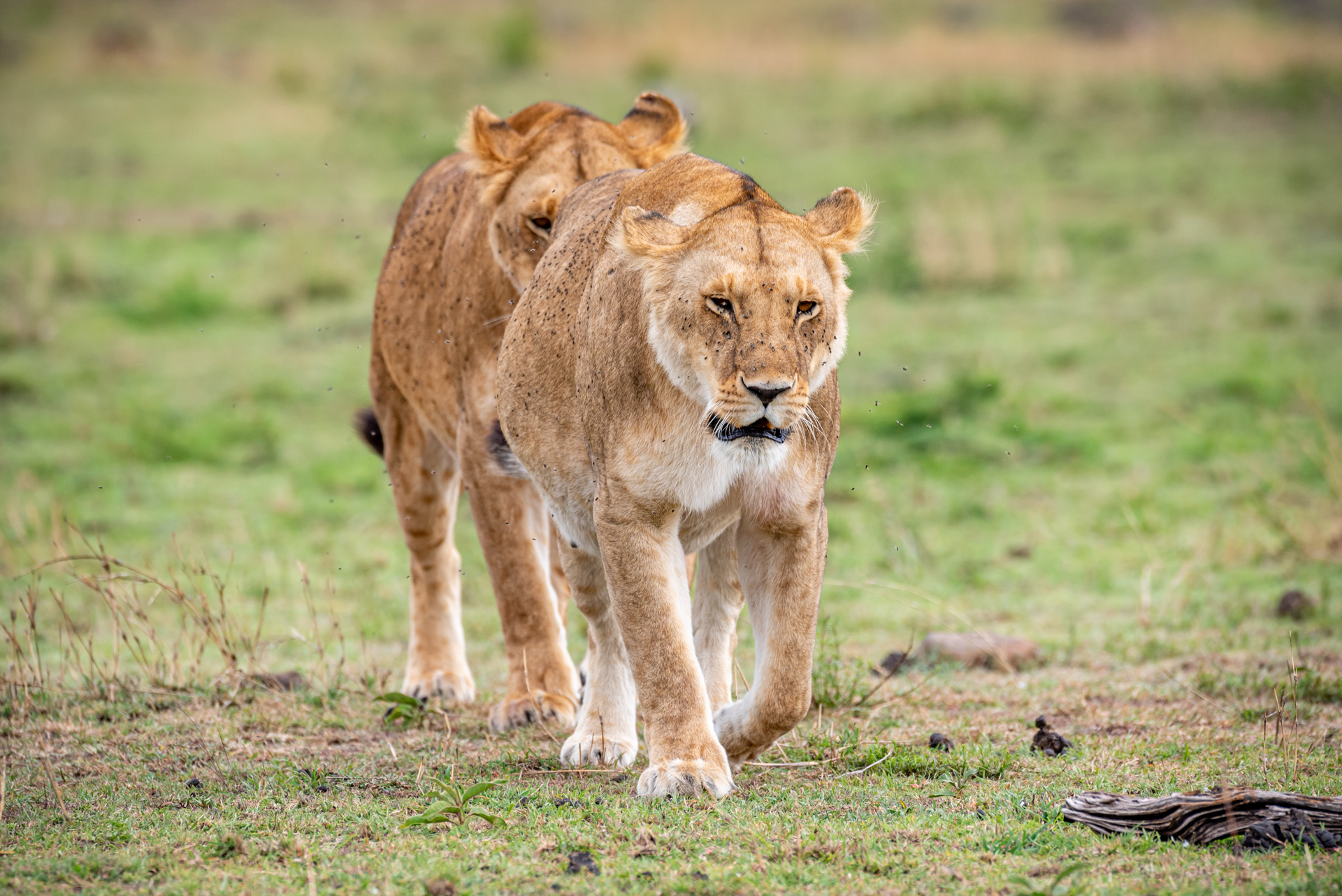
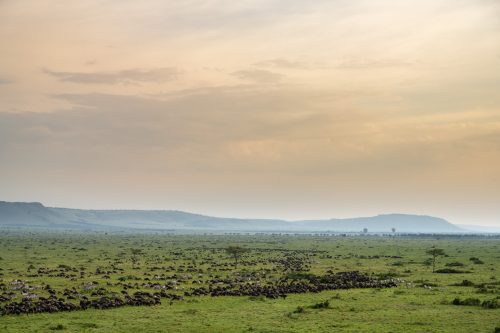
The abundant rain in October last year meant the grass was a lovely green and the mega herds of the Great Migration were still happily munching away near the escarpment. This was perfectly captured from the basket of a hot-air balloon this week one year ago.
Filed under: This Week at Angama
Subscribe for Weekly Stories
Comments (0):

The Angama Shamba